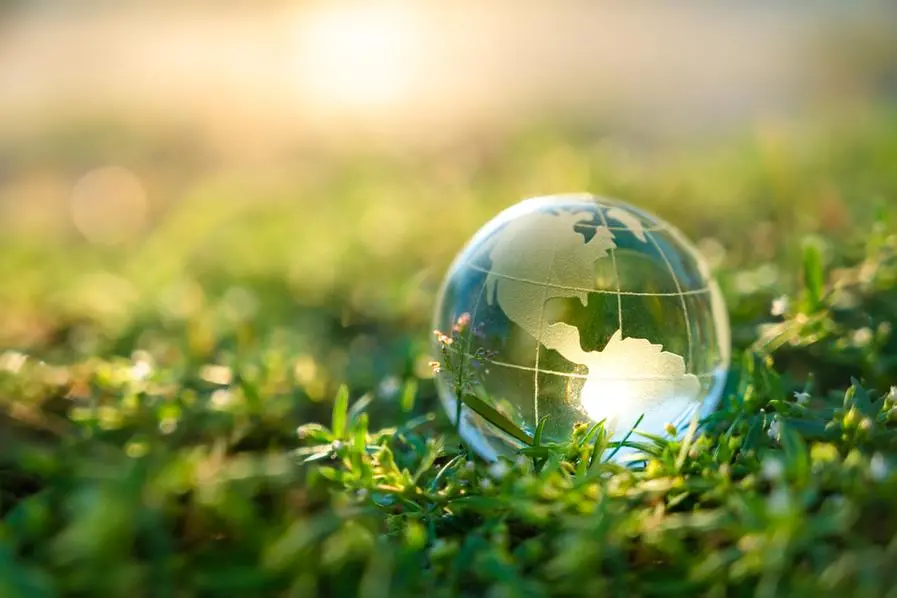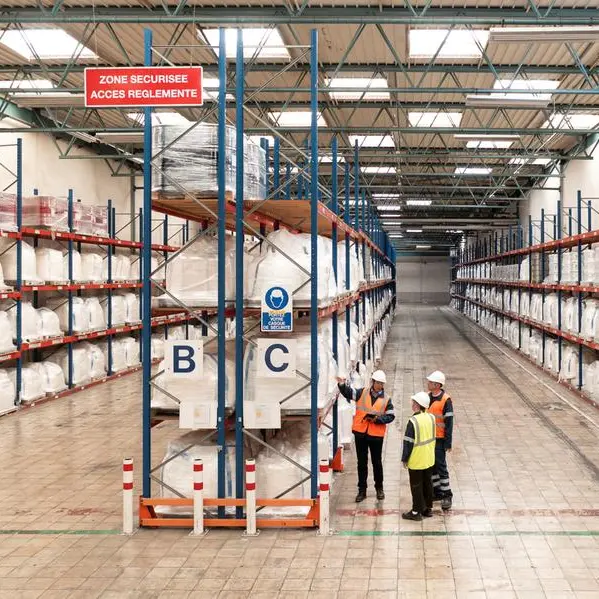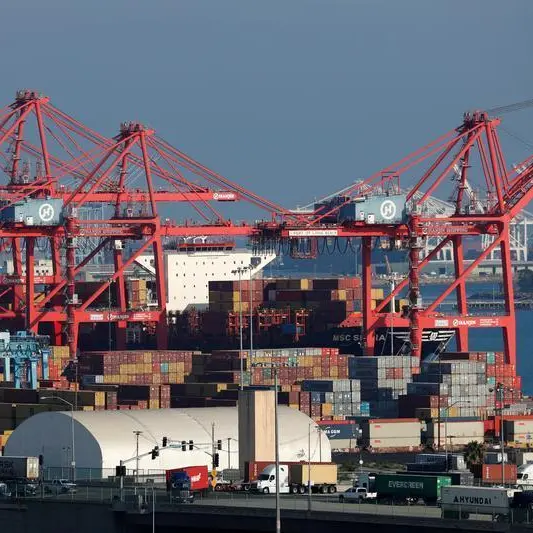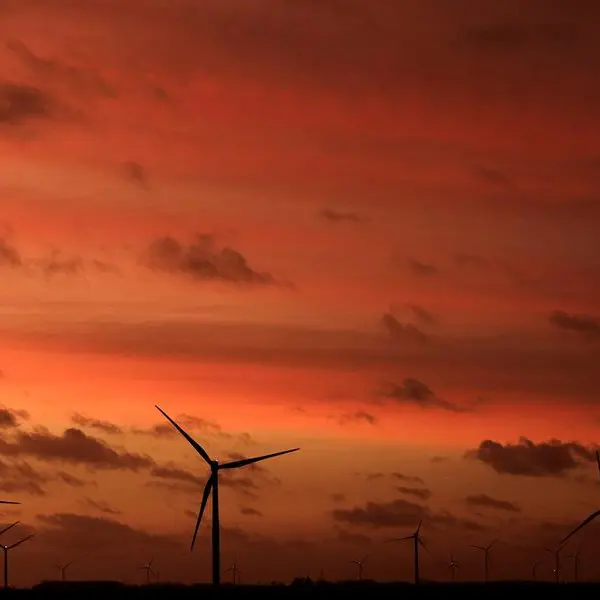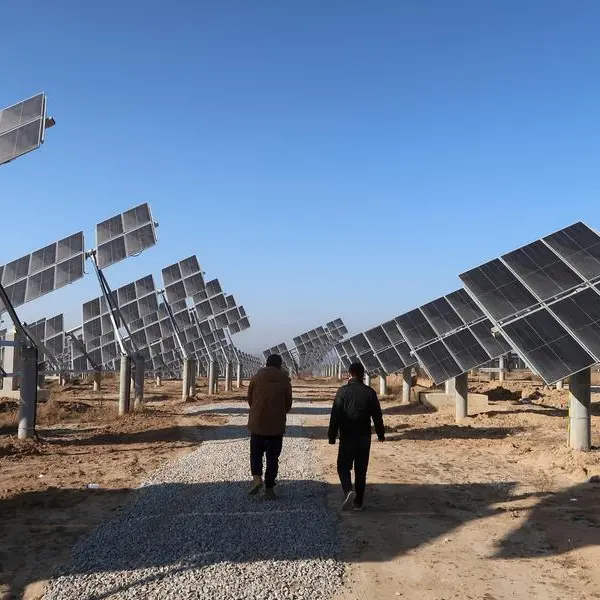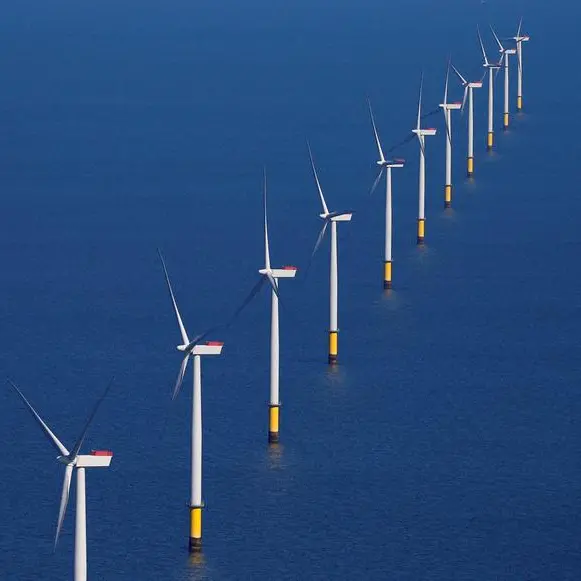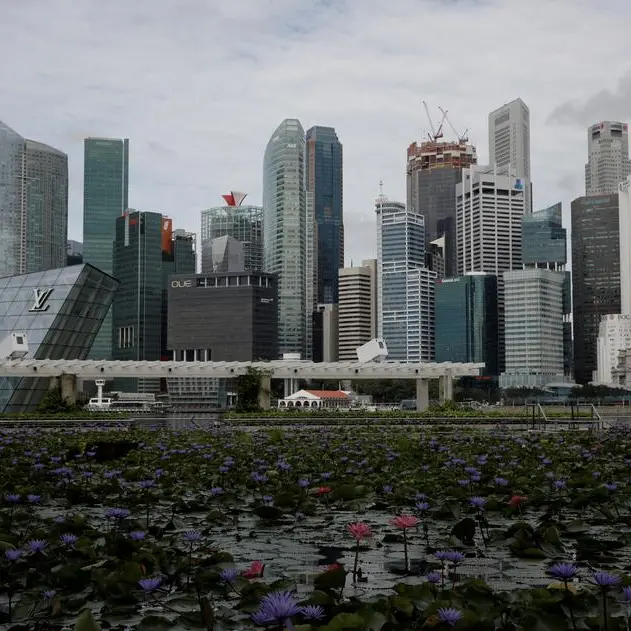PHOTO
As COP28 heads to the UAE, all eyes will be on the sustainability credentials of the region. The Path to COP28, originated by the Global Ethical Finance Initiative (GEFI) and supported by Refinitiv, is a 12-month campaign which is building momentum from the regional and international finance industry ahead of the summit.
In this piece, we take a quick look at the current state of play in terms of climate commitments from the GCC, exploring their net zero targets and the concrete plans that lie behind them.
Overview of commitments
Until the Paris Climate Agreement in 2015,Gulf Cooperation Council (GCC) states had little impetus to accelerate their climate commitments. Since then, GCC members have ramped up their efforts and developed their own national climate strategies.
Five of the six of Gulf states have pledged to reach net-zero by 2060 or earlier. All members recognise the importance climate-related risks and the impact of greenhouse gas (GHG) emissions.
Although members have pledged specific national commitments, the development, implementation and monitoring of policies vary from member to member. They also recognise that developing a post-carbon transition will be essential to their long-term economic diversification.
Green investment in agriculture and food, construction, power, transport, water, and waste management sectors can help the GCC reach a cumulative GDP contribution of $2 trillion as well as create more than 1 million jobs by 2030, according to a PWC strategy report.
Listed GCC-based banks had around $2.6 trillion in total assets in 2021. As a result, banks and financial institutions (FI) are key stakeholders in the financing of projects/initiatives linked to climate commitments and overall economic diversification, providing debt instruments as well as financing climate projects/initiatives.
Whilst usage of ESG is growing in popularity among the regional financial community, the adoption of frameworks including the Principles for Responsible Banking and Principles for Responsible Investment remains a working progress.
Of the current 126 signatory members of the Net-Zero Banking Alliance (NZBA), which represents around 40% of global banking assets, First Abu Dhabi Bank (FAB) is the only GCC-based entity to be a signatory member. Egypt’s Commercial International Bank is the only other MENA-based bank to have signed up to NZBA.
Gulf sovereign wealth funds (SWFs) can also play a role facilitating climate commitments through investments. Abu Dhabi Investment Authority, Kuwait Investment Authority, Public Investment Fund (PIF) and Qatar Investment Authority are founding members of the One Planet Sovereign Wealth Funds, a network of SWFs that seek to identify, align and invest in climate-change related opportunities.
Other efforts include the Middle East Green Initiative (MGI) led by Saudi Arabia, which pledges to reduce 60% of carbon emissions across the region. MGI pledges to plant 50 billion trees across the Middle East in the coming decades.
On a supranational level, the Islamic Development Bank (IsDB) is aligned to the UN Sustainable Development Goals (SDGs) and established its sustainable finance framework in 2019. The AAA rated entity printed a debut green sukuk in November 2019. It used the proceeds to finance climate change and green projects in member countries. IsDB has since returned to the market and issued green and sustainable sukuk.
Saudi Arabia
Saudi Arabia pledged to achieve net zero by 2060. Under Vision 2030, the kingdom’s post-oil economic blueprint, authorities launched the Saudi Green Initiative (SGI), a national strategy to combat climate change. The kingdom plans generate 50% of electricity from renewable sources and 50% by 2030. It also seeks to reduce 30% of methane by 2030 via the Global Methane Pledge.
Saudi Aramco, the majority state-owned oil company, pledged to achieve net-zero Scope 1 and Scope 2 GHG emissions across its wholly owned-operated assets by 2050.
Similarly, PIF has also pledged net zero by 2050. In February 2022, PIF published its Green Finance Framework and subsequently sold a debut $3bn Green bond in September. Other non-state actors like Saudi Electricity Company and Riyad Bank have developed their own finance frameworks and issued sustainable sukuk.
UAE
The UAE was the first GCC member to develop a national climate strategy in 2017 (2017-2050) as well as the first to make a net zero 2050 pledge.
The UAE is committed towards clean energy projects, water desalination, carbon capture and storage, transportation, agricultural technologies, infrastructure, green hydrogen and carbon trading.
ADNOC recently said it would allocate $15 billion in decarbonization projects including carbon capture, electrification, new CO2 absorption technology.
Masdar, an Abu Dhabi-based renewables company, which aims to develop, commercialise and deploy clean technologies across utility-scale plants, off-grid projects and sustainable real estate. The company has projects in 40 countries and total investments of around $20 billion.
In 2019, DFM and DIFC established the Dubai Sustainable Finance Working Group to position Dubai as a sustainable financial hub. Similarly, Abu Dhabi Global Markets (ADGM) launched The Abu Dhabi Sustainable Finance Declaration, a voluntary membership-based initiative to increase the depth and quality of green and sustainable finance products.
Entities that sold green debt instruments include FAB, Dubai Islamic Bank, and Majid Al Futtaim which recently closed a $1.25bn sustainability-linked revolving credit facility.
Despite the climate commitments, the UAE plans to increase oil and fossil gas production by 2030, as it aims to reach gas self-sufficiency and increase exports.
Bahrain
Bahrain pledged carbon neutrality by 2060. It pledged to reduce emissions by 30% by 2035 as well as double renewable generation capacity to meet 10% of its total energy demand.
The Supreme Council for Environment launched the National Strategy to Protect the Environment (2006) and the Joint National Committee on Climate Change (2007). Although they publish regular reports, they are light on the specific policies as well as dates for implementation.
More recently, in November 2021, the Central Bank of Bahrain instructed all licensees to raise awareness within their organisation about climate-related risks and assess how they would identify and address these risks.
National Bank of Bahrain, Bahrain Islamic Bank, Al Baraka Banking Group and Gulf International Bank (GIB) have established their own sustainability programs. In particular, GIB’s UK arm is also a signatory of the UN PRB and PRI.
State actors including Aluminium Bahrain and the Oil and Gas Holding Company (nogaholding) have signed sustainability linked syndications.
Qatar
Although, Qatar has not made a net-zero pledge, but its National Environment and Climate Change Strategy plans to reduce its GHG emissions by 25% by 2030. It has also committed to reduce carbon intensity of LNG facilities by 2030. As well as GHG and air quality, the strategy includes biodiversity, water, circular economy and waste management and land use.
Qatar National Bank, the country’s largest lender, has already tapped the green bond market. Other banks including Commercial Bank of Qatar and Doha Bank have expressed an intention to issue green bonds.
The Qatari government has expressed its desire to issue green sovereign bonds, subject to market conditions, according to its finance minister.
Qatar Financial Centre established a Sustainable Sukuk and Bonds Framework which complies with International Capital Markets Association’s Green Bond Principles, Social Bond Principles, and Sustainable Bond Guidelines.
Qatar’s ambitions for sustainability still have a long way to go. The recently launched expansion of the North Field, the world’s biggest single non-associated natural gas field, off the north-east Qatar will reportedly account for 70% of emissions growth.
Oman
Oman pledged to net zero emissions by 2050. The Sultanate unveiled its National Strategy for Net-zero. As part of the strategy, it launched the Oman Sustainability Center. Whilst it has broad ambitions, it does not specify timelines of implementation as well as monitoring and reporting mechanisms.
State actors including Petroleum Development Oman the country’s biggest oil and gas producer have also pledged net-zero by 2050. It has identified projects to halve its GHG emissions by 2030, according to officials.
Oman’s central bank (CBO) acknowledged that climate related risks present severe concerns to the financial system. The CBO is monitoring climate change risks and expand its capability to incorporate climate related risks to its fiscal stability assessment.
Oman’s government is reportedly working on ESG financing framework to enable it to sell green or sustainable debt instruments. Similarly, the Capital Market Authority is in the process of drafting an ESG bond and sukuk framework to facilitate local sustainable debt issuances.
Kuwait
Kuwait committed to carbon neutrality in its oil and gas sector by 2050 and in other sectors by 2060, according to its foreign minister. So far there has been little details on specific policies, implementation, or timelines.
Through its Environment Public Authority, Kuwait launched the National Adaptation Plan (NAP) in 2019, which seeks to reduce GHG emissions by 2030. Although NAP identifies climate risks, it is light in terms of specific policies and implementation timelines.
Achieving net zero could prove challenging, as oil accounts for nearly half of GDP, as well as 95% of exports and approximately 90% of government export revenue. In addition, Kuwait’s political scene has resulted in bottleneck of key reforms, which could delay the implementation of climate policies.
Of all GCC members, Kuwait faces acute climate risks. A recent Harvard University study found that by mid-century, the average temperature in Kuwait is predicted to increase by 1.80 °C to 2.57 °C.
Conclusion
Although all GCC members have developed national climate strategies and launched initiatives, they are light on specific details or timelines of implementation as well as monitoring and reporting mechanisms. Similarly, more work needs to be done to encourage GCC banks and FIs to adopt sustainability frameworks.
The global finance sector has an important role in facilitating the transition to a low-carbon and climate-resilient economy. Doing this requires making big commitments to action at COP28, but that cannot happen without working collaboratively ahead of the summit.
The run-up to COP28 will provide ample opportunities for policymakers and practitioners to discuss these issues and develop a way forward.
